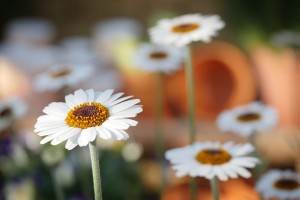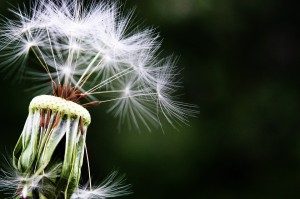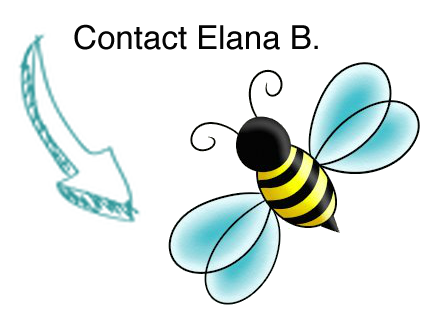Hi, this next guest post was written by me! With springtime finally upon us, I thought it would be a great idea to talk about some common seasonal allergies as well as some methods to deal with them. And speaking of springtime, our new spring-themed book The Petty Prince will be hitting stores and bookshelves soon! If you’d like to know when preorders will be available, or just want to stay up-to-date with current happenings, please feel free to become a member of our mailing list. Thanks!

Well, spring is finally here. As we approach the end of March, the cold and windy weather will give way to April showers, which will lead to the growth of May flowers. Spring is a lovely time of year to spend outside enjoying the fresh air and the beautiful flora.
However, some people hate this season. Here’s why:
As the weather changes and flowers begin to bloom, the air tends to grow thick with pollen and other allergens. These are necessary components for the growth of plant life but they can cause many individuals to suffer from seasonal allergies and hay fever. If you have trouble dealing with these springtime sniffles, here are some tips on how to manage them so you can enjoy spring as well!
Causes and Risk Factors
In order to prevent and treat springtime allergies, it’s a good idea to understand what causes it. The human body is a complicated machine with many intricate parts working closely together in order to stay healthy. Your nose is a very complicated as a result since it has the incredibly important job of filtering dangerous material out of the air you breathe.
One way it is able to perform this function is by releasing histamines into the bloodstream. Histamines are a type of antibody that prevents the spread of bacteria. This chemical is what causes your nose to stuff up or become runny. For individuals with seasonal allergies, histamines are produced by their body in reaction to pollen.
Does this mean that pollen is bacteria?

Not at all! Pollen does not cause the spread of disease in any way, although it is a good thing that the nose filters it out of the air we breathe. Normally, a non-allergic individual’s nose will simply produce enough histamines to stop pollen without affecting normal nose-related activity. However, people with a pollen allergy will suffer from an overreaction by their nose, which leads to uncomfortable stuffiness and itchy eyes.
Medical professionals are still trying to figure out why some individuals are more prone to seasonal allergies than others. However, one thing they do know is that people with other dysfunctions such as asthma and eczema are at higher risk of suffering from pollen allergies. (Source: American Academy of Allergy Asthma & Immunology)
Treatment and Prevention
Now that we understand what causes seasonal allergies, it becomes much easier to figure out how to treat and prevent it. For example, a quick way to block the symptoms of histamine overproduction in the nose is to take medicine that blocks its production, known as antihistamines. For the best results, medical professionals recommend taking this medicine before pollen allergy symptoms occur. In addition to antihistamines, it can be effective to take decongestants as well.

Other effective ways to avoid allergies is to prevent them from bothering you through some simple habits. When going outside, wearing sunglasses and a hat can be very effective in preventing pollen from getting into your hair and eyes. It’s also a good idea to wash your hair every night in order to make sure no pollen is present when you go to sleep. If you enjoy line-drying your laundry, consider using a drying machine during the spring so pollen doesn’t attach itself to your clothes.
If you’ve tried these strategies and still have trouble with allergies, you may need to take more extreme measures:
When you’re at home or driving in your car, running the air conditioner will keep fresh air cycling and prevent pollen from accumulating in these places. You may also want to wear a pollen mask when going outside in order to add an extra line of defense for your nose and mouth. Extreme cases of allergies will require visiting a doctor and may involve treatment with prescription medication such as corticosteroids.
Hopefully, this article helped you deal with any seasonal allergies so you can enjoy your springtime outdoors. Remember, you can join our mailing list if you want to know when new articles are published as soon as possible. Thanks for reading!







